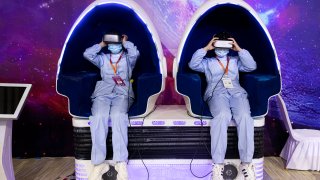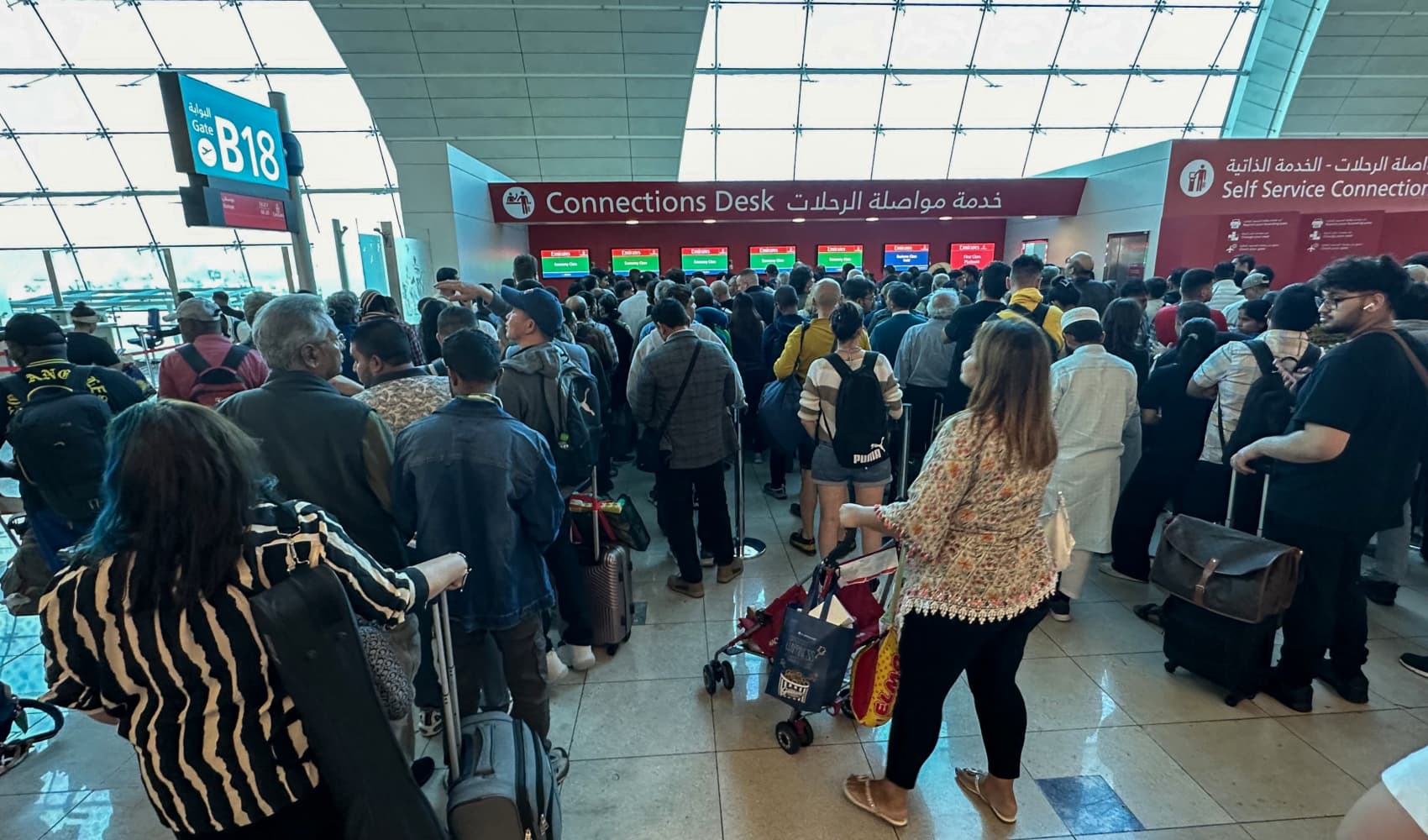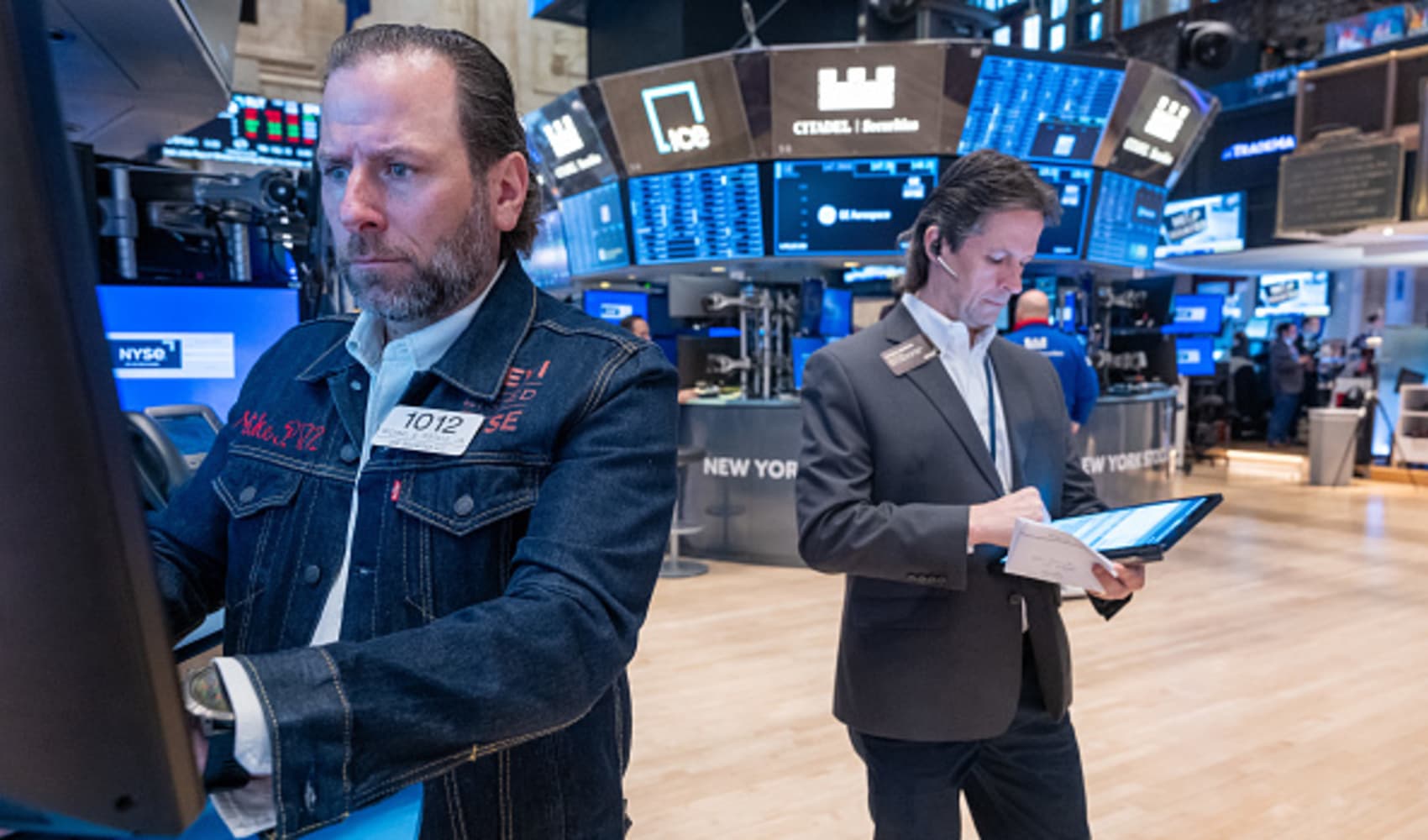
- Investments in the "metaverse" — a shared virtual reality space that allows individuals to interact with other users within a digital environment — are taking off, according to South Korean avatar app Zepeto.
- Rudy Lee, chief strategy officer of the Naver-backed app, told CNBC businesses are using virtual reality to target Gen Z consumers.
- "I think the companies looking towards that demographic as well as the future are definitely looking at this from a very long-term perspective," he said.
Businesses looking to capture the next generation of customers are doing so through virtual reality headsets, according to the chief strategy officer of South Korean avatar app Zepeto.
Investments in the "metaverse" — a shared virtual reality space that allows individuals to interact with other users within a digital environment — are taking off in industries spanning food and beverage, retail and music, Rudy Lee told CNBC Wednesday.
Get Southern California news, weather forecasts and entertainment stories to your inbox. Sign up for NBC LA newsletters.
It comes as companies seek to position themselves for longer-term tech trends, he said.
For its part, Zepeto — which is backed by South Korea's internet service provider Naver — has seen increased demand from corporate partners this year, said Lee. There are around 100 companies currently using the platform to promote their brands to its 200 million-strong user base, he added.
"When these people are investing in the metaverse via us, they're doing so not with a six-month or a one year outlook. They're looking to have their presence here for the long term," he said.
Money Report
In particular, corporate partners view Zepeto as a means of targeting Gen Z consumers. The six to 24-year-old cohort account for more than 80% of those users who create personalized characters and pay for virtual tokens on the platform, said Lee.
"I think the companies looking towards that demographic as well as the future are definitely looking at this from a very long-term perspective," he noted.
Virtual reality platforms have long presented visions for how consumers may interact in the future. But Lee said the pandemic has further instilled existing tech trends, making those ambitions more realistic.
"I think it (the pandemic) had a long-lasting impact on the way we look at virtual things," Lee said.
"The general consensus is that this time it is different," he continued. "Certainly because of Covid and how it has impacted the way we interact with each other. Also the general rise of mobile, 5G, gaming. I think all of these factors make for a very robust environment for us."






